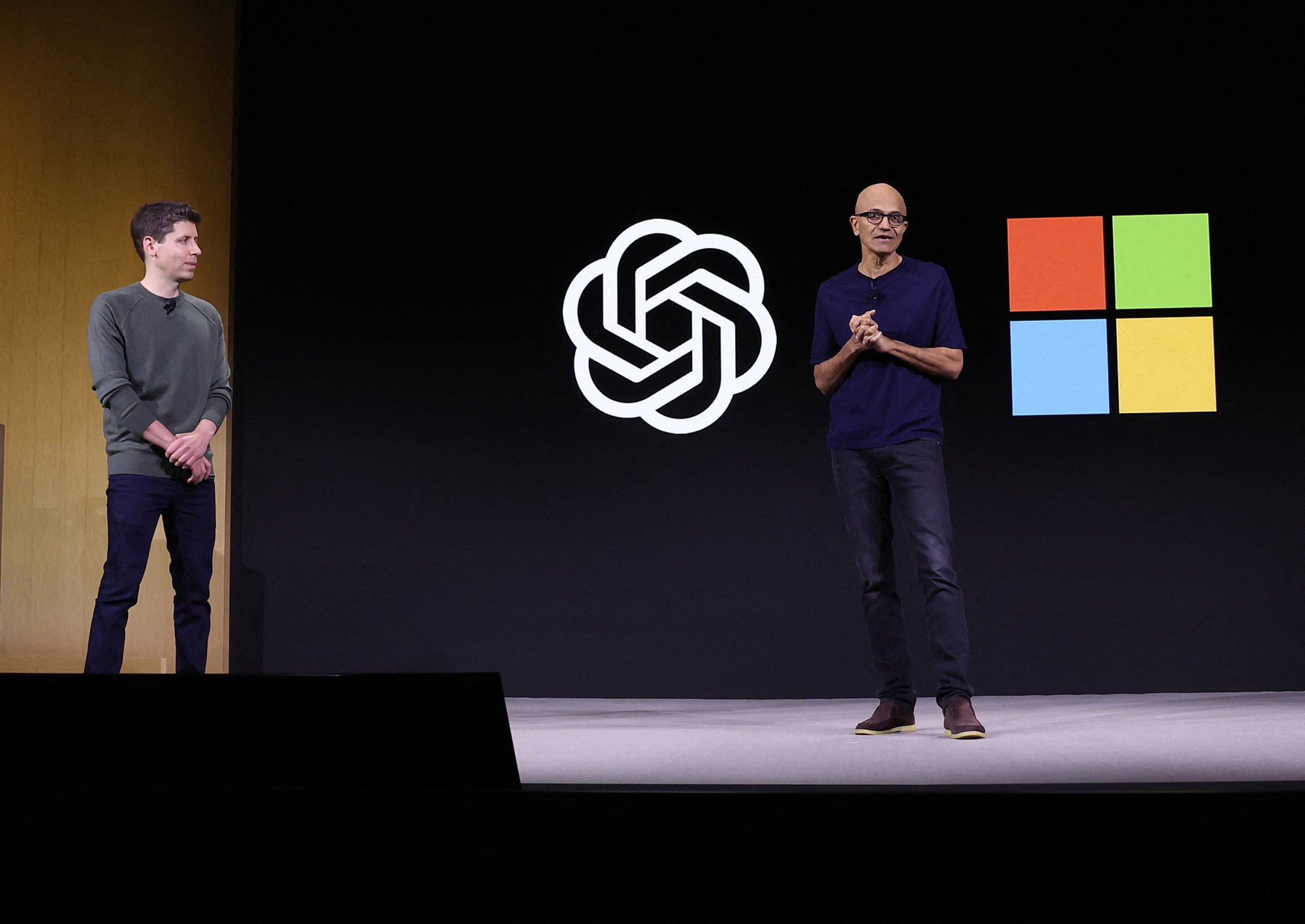As OpenAI blocks China, developers scramble to keep GPT access through VPNs

OpenAI was still accessible using a Chinese VPN service that advertises ChatGPT access on Wednesday, the first full day in China that OpenAI had blocked the country from accessing its application programming interface (API), according to tests by the Post.
The developers, who spoke on condition of anonymity because of the murky legality of using foreign AI technologies and VPNs on the mainland, are based in cities around the country including Guangzhou in southern Guangdong province, Chengdu in southwestern Sichuan province, and Dalian, a port city in northeastern Liaoning province.
OpenAI did not immediately respond to a request for comment on Wednesday.

Third-party services that still have GPT access such as Microsoft Azure are another means through which developers in China can use GPT models.
The jury is still out on whether OpenAI can effectively restrict unwanted access to its publicly available services.
One developer explained that using an account linked to a foreign mobile phone number while connected to OpenAI’s API through a VPN makes it difficult for the company to determine where the connection originated from.
Still, most of the developers said the move is unlikely to deal a significant blow to their work, as there are now many LLM alternatives from both local and global AI firms.
Many of the developers said that they are coming up with backup plans, such as migrating to Anthropic, whose latest Claude Sonnet 3.5 has received wide acclaim for its capabilities relative to the latest GPT-4 models. However, Anthropic also restricts API access in China, according to tests by the Post.
Source link



